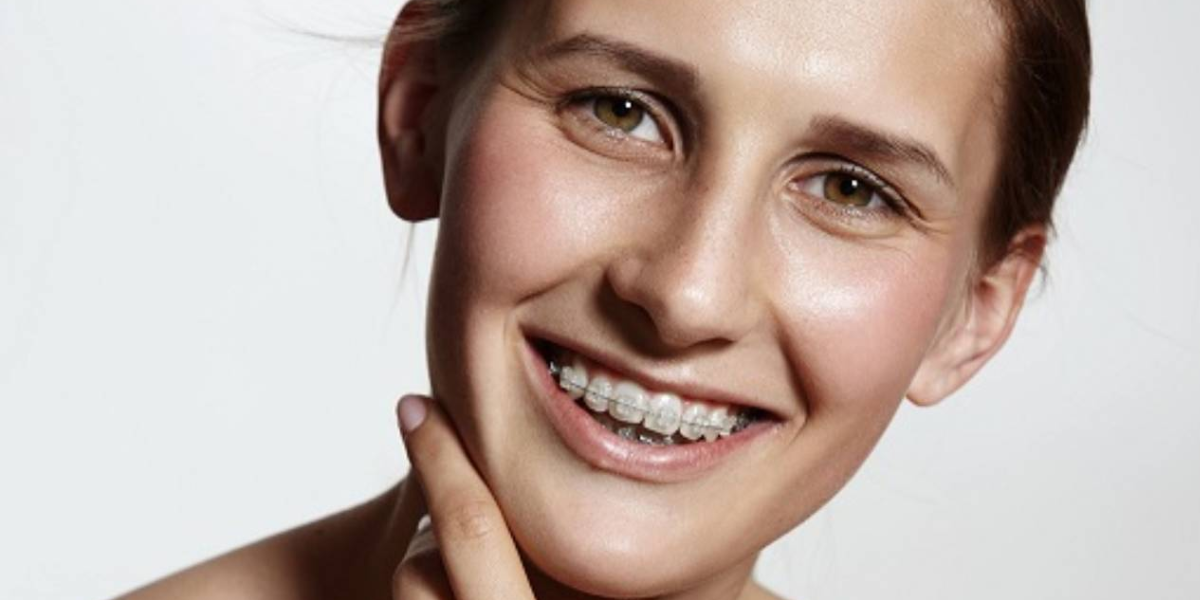Analyzing the Value of Metal Crowns in Dentistry Today
- Sep 10, 2024
A dental crown is a protective cover placed over your teeth to protect them from further damage or breakage. They are of various types like metal crown, metal ceramic crown, zirconia crown etc. One of the oldest and most widely used dental crown is the metal crown.
What is a Metal Crown?
A metal crown is a dental crown having a metallic silver appearance and fabricated from metals such as gold, palladium, nickel and chromium. These metals are all combined to form an alloy that is strong and durable enough to bear the biting and chewing forces. Dental metal crowns are known to be cost effective and long lasting. They were the most popular choice before metal ceramic and zirconia crowns were discovered.
Types of Metal Crown and their Pros and Cons:
Full metal crowns:
These are crowns made entirely of metal.
Metal-ceramic crowns:
These are crowns having a metal base with ceramic coating over them.
| Feature | Full Metal Crowns | Metal-Ceramic Crowns |
|---|---|---|
| Material | Made entirely of metal | Metal base with a ceramic overlay |
| Appearance | Metallic, less natural-looking | More natural-looking, mimics natural tooth color |
| Durability | Highly durable and strong | Durable but less so than full metal crowns |
| Strength | Very strong and resistant to wear | Strong but less resistant compared to full metal crowns |
| Cost | Generally higher due to metal content | Typically, lesser than full metal crowns |
| Aesthetic | Less aesthetic appeal due to metallic color | Better aesthetics with a tooth-like appearance |
| Use | Often used for back teeth where appearance is less important | Commonly used for both front and back teeth |
| Preparation | Requires more tooth reduction | Requires less tooth reduction than full metal crowns |
| Wear on Opposing Teeth | Minimal wear on opposing teeth | May cause slight wear on opposing teeth |
| Longevity | Long-lasting with proper care | Long-lasting but slightly less than full metal crowns |
When Do You Need a Metal Crown?
The following conditions may require restoring the tooth with a metal crown:
Severely damaged or weakened teeth
Teeth which are supporting large and deep fillings
To restore missing teeth
Over a dental implant
Root canal treated tooth
Step by step procedure for getting a Metal Crown:
Visit the dentist for a checkup and a detailed examination of the tooth to be crowned.
The dentist will then shave off the necessary tooth material to make space for the metal crown.
An impression will be made of the prepared tooth along with its surrounding and opposing teeth.
A wax bite is recorded to register the way the patient bites.
The dental lab fabricates a metal crown with the help of the impressions and bite within 4-5 working days.
The metal crown is placed in the patient's mouth and any adjustments if needed are made.
The crown is cemented, and excess cement is removed carefully before sending the patient home.
Aftercare for Metal Crowns:
Avoid eating or drinking anything immediately after cementing the crown for at least an hour. Do not consume extremely sticky substances as this may cause the crown to dislodge. Maintain good oral hygiene by brushing twice daily and using floss and mouthwash when necessary. Regular follow ups with your dentist will help keep a check on the tooth having the metal crown and improve your oral health in the long run.
Metal vs Ceramic Crowns
| Feature | Metal Crowns | Ceramic Crowns |
|---|---|---|
| Material | Metal alloys (e.g., gold) | All-ceramic (e.g., porcelain) |
| Appearance | Metallic, less natural-looking | Natural tooth-like |
| Durability | Very durable | Durable but can chip |
| Strength | Very strong | Strong but less so than metal |
| Cost | Generally higher | Typically, lower |
| Aesthetic | Less aesthetic | Superior aesthetics |
| Use | Back teeth | Front teeth |
| Preparation | More tooth reduction needed | Less tooth reduction |
| Wear on Opposing Teeth | Minimal | Slight wear possible |
| Longevity | Long-lasting | Long-lasting |
Advantages of Metal Crowns
Durability: If you are looking to restore back teeth with a strong and long-lasting option, then a metal crown can be the best treatment option for you.
Wear resistant: Patients sometimes complain of the wear of teeth due to restorations but in the case of metal crowns this wear of the opposing teeth can be avoided.
Best for posterior teeth: The back teeth in the mouth have minimum visibility but maximum utility while chewing food and for this very reason metal crowns serve as an ideal restoration for molars.
Disadvantages of Metal Crowns
Metallic Look: The dark silver look of metal crowns makes them unpopular in areas where the visibility is high such as incisors, canines, and even premolars.
Allergic reactions: Since these crowns are made up of an alloy of different metals, they may cause an allergic reaction in patients who are allergic to even one of their components.
Metal Crowns Cost in India
The average cost of full metal crown in India ranges from 4000-10000 INR and for metal ceramic crowns the price ranges from 5000-15000 INR.
ConclusionIn the paragraphs above we have discussed the types of metal crown, metal dental crown procedure, metal crown cost, the advantages and disadvantages of metal crowns. Metal crowns have stood the test of time, but it would be best to consult your dentist and ask them if it is the best choice to restore your teeth.
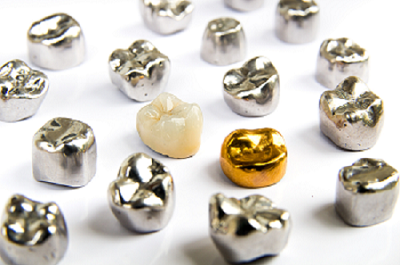
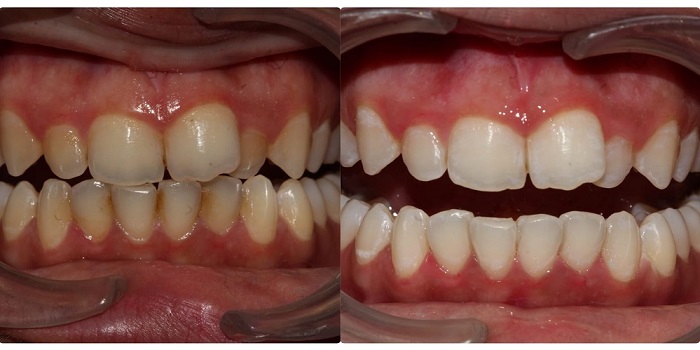

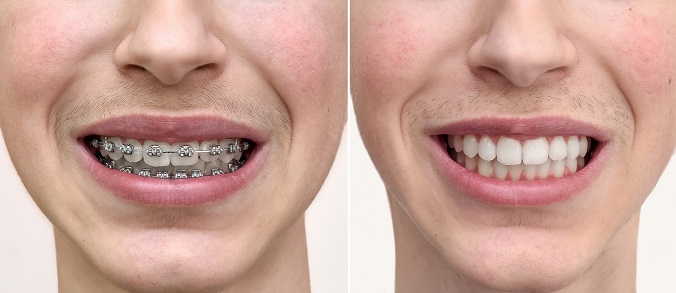

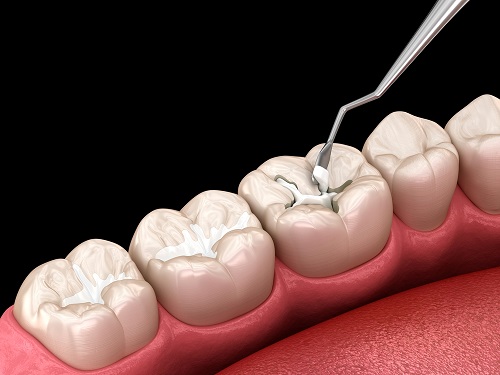
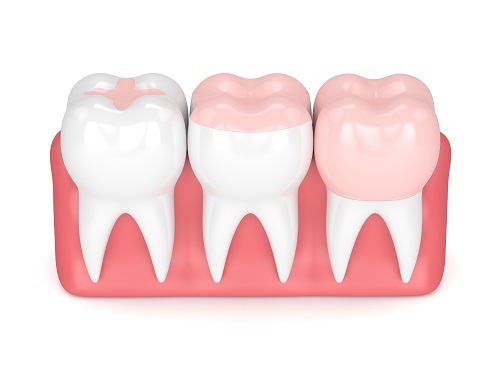

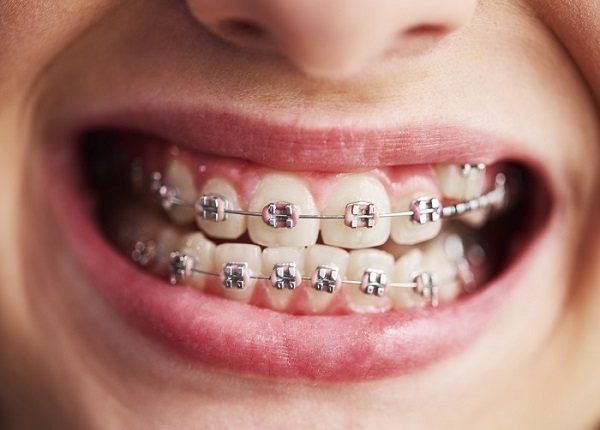
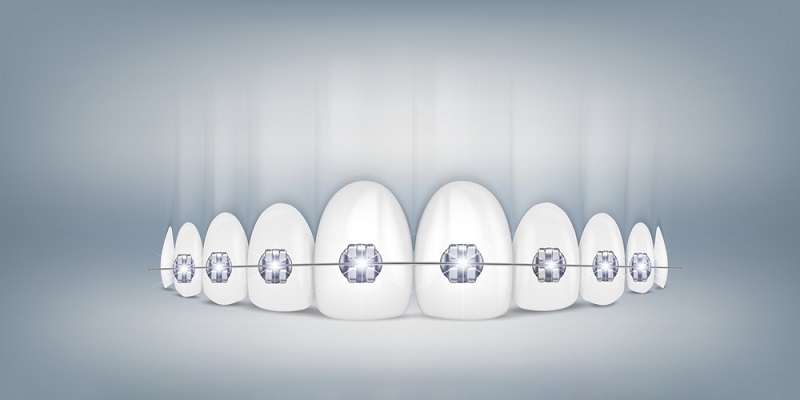
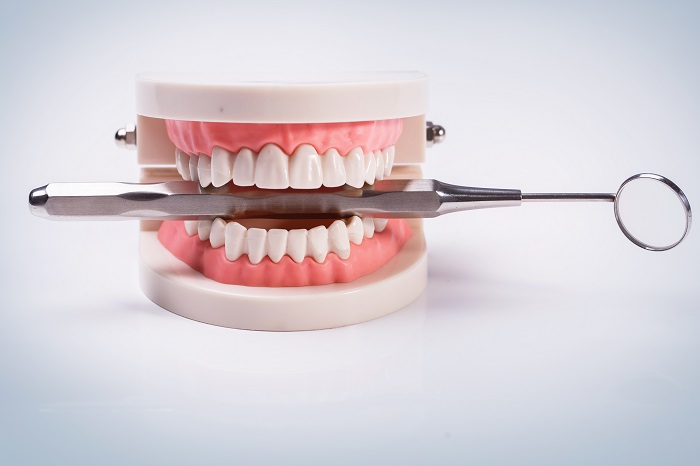
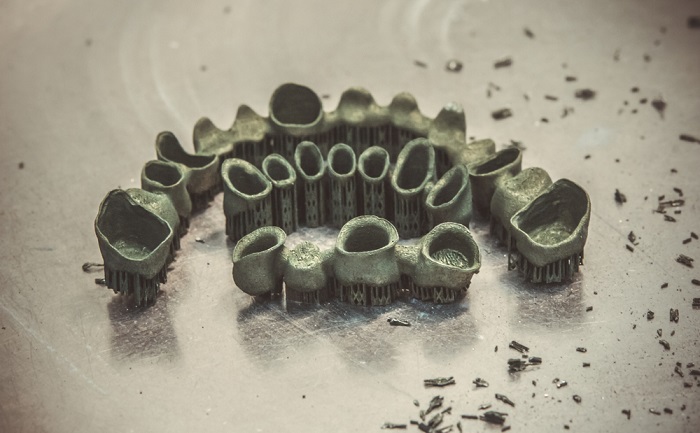
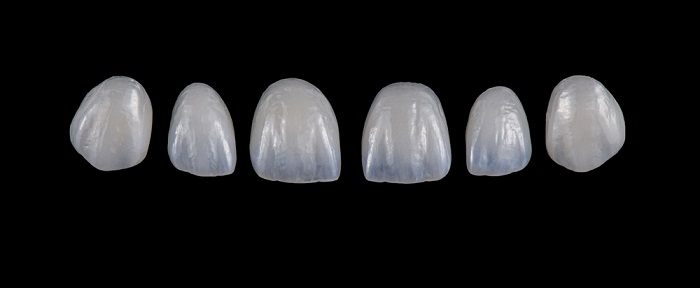
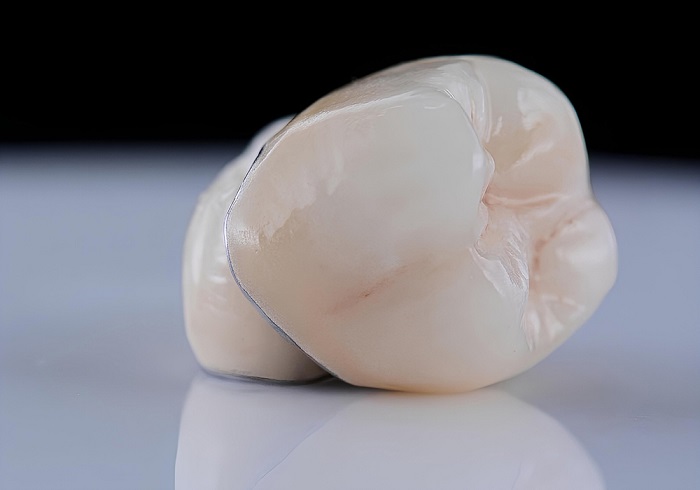

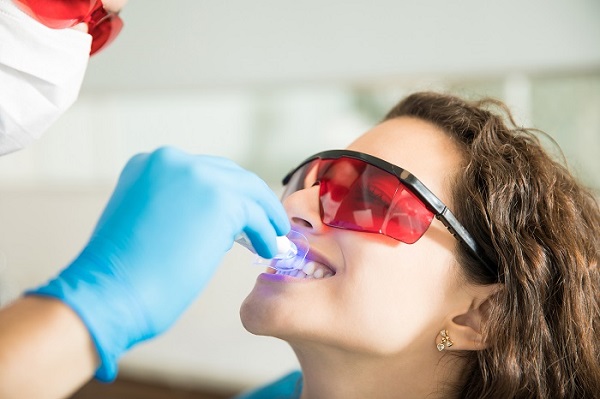
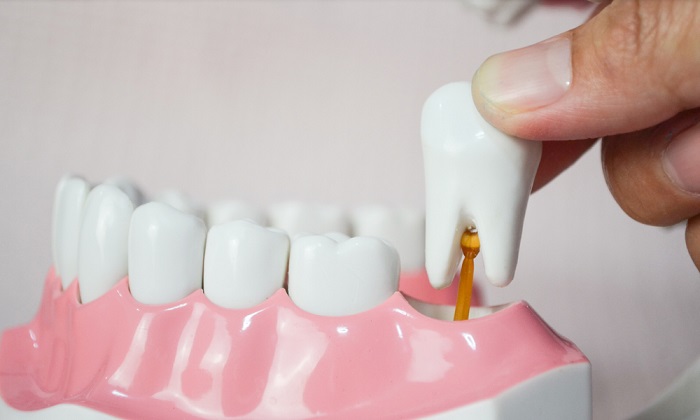

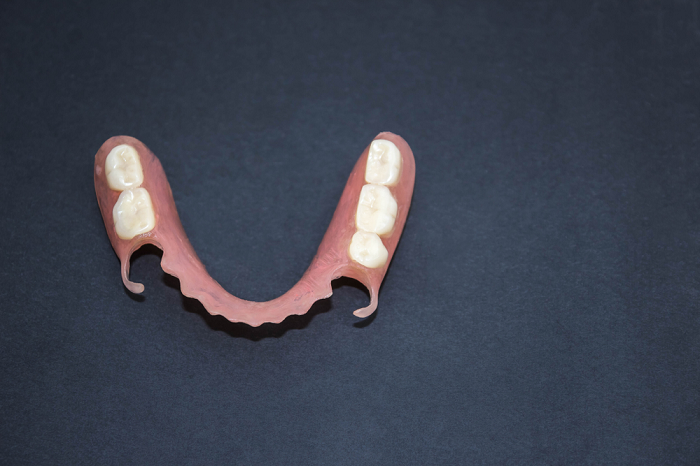
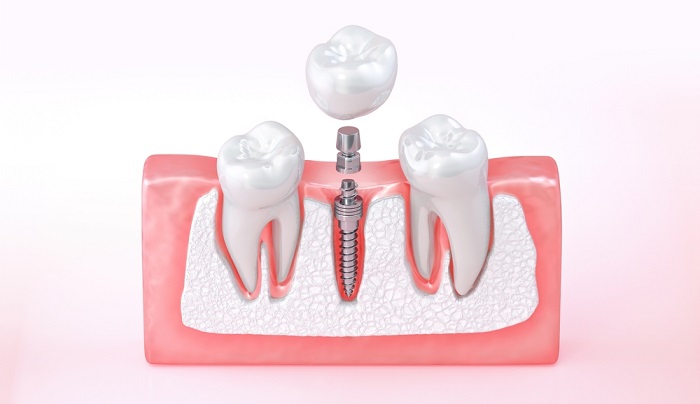
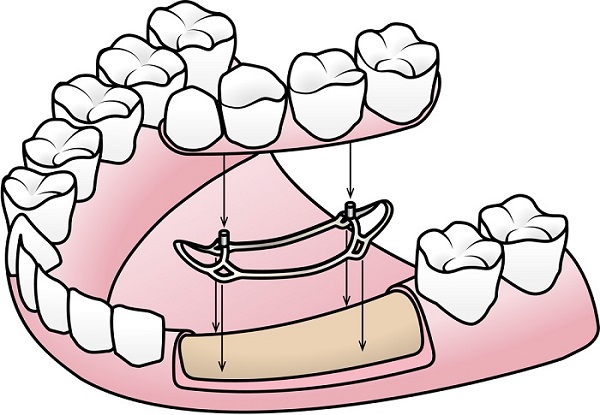
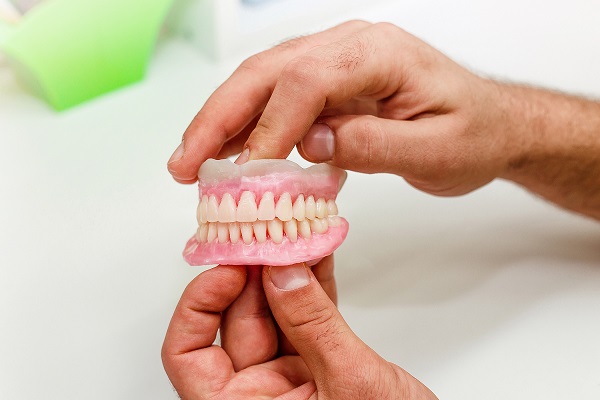
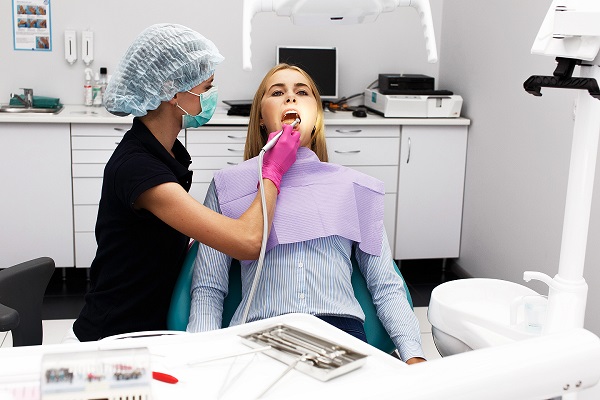
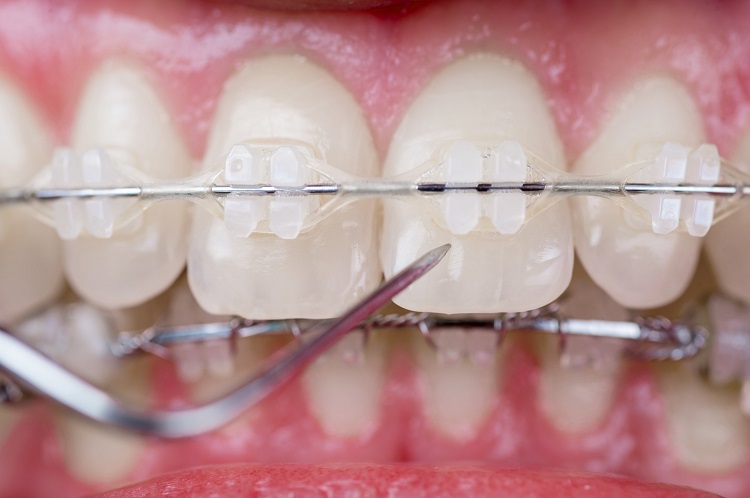
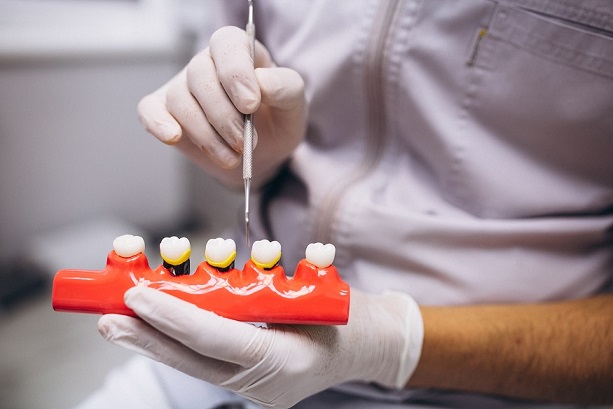
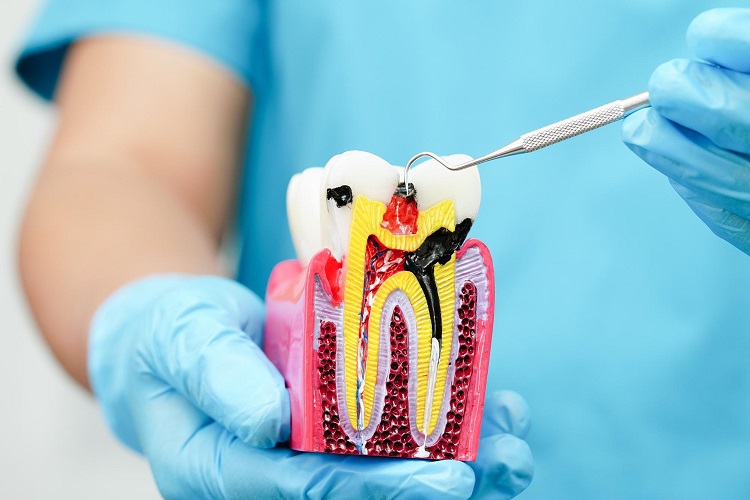
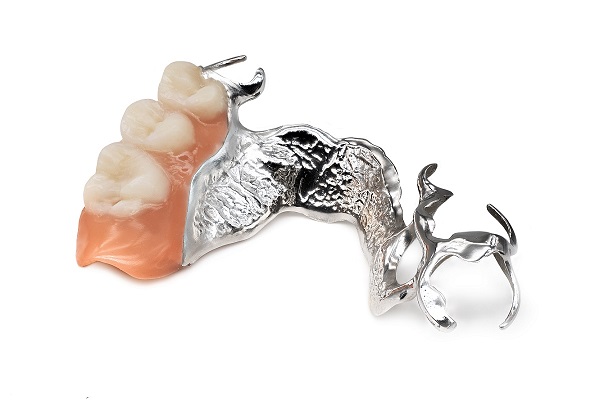
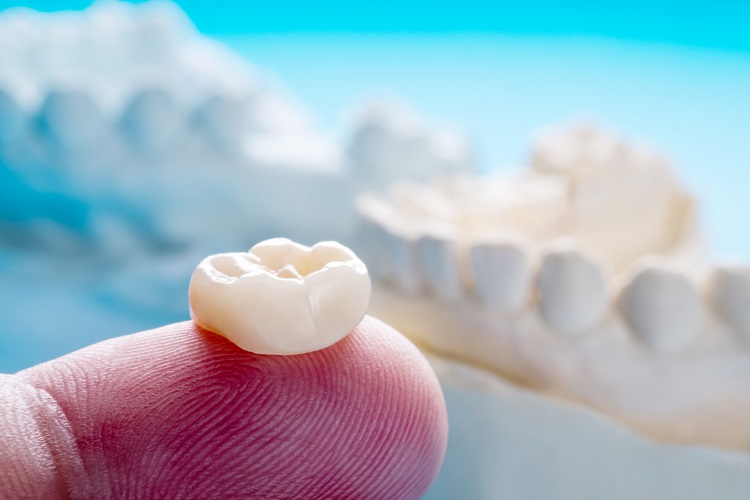
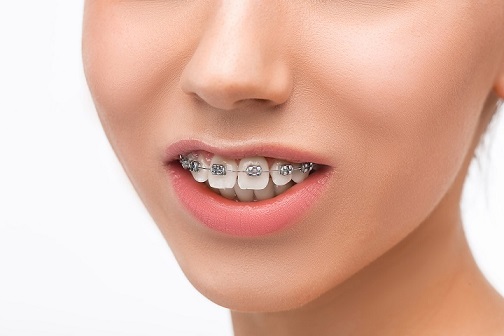

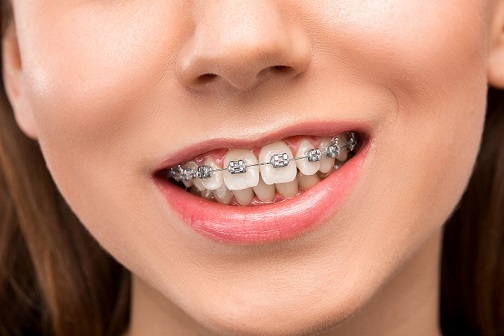
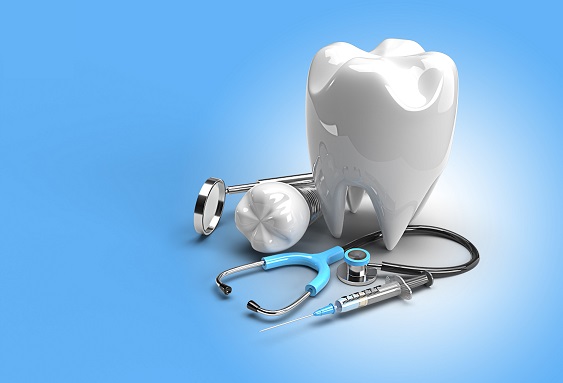
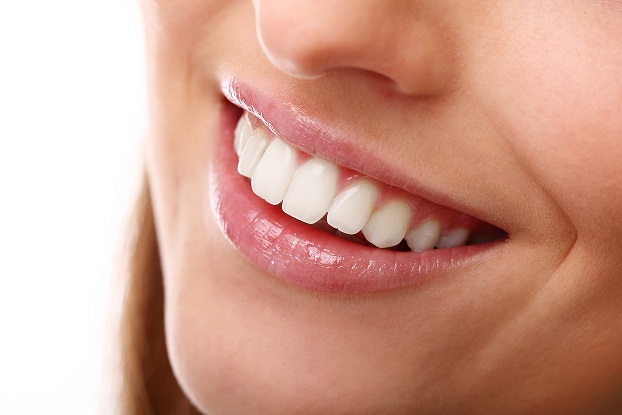
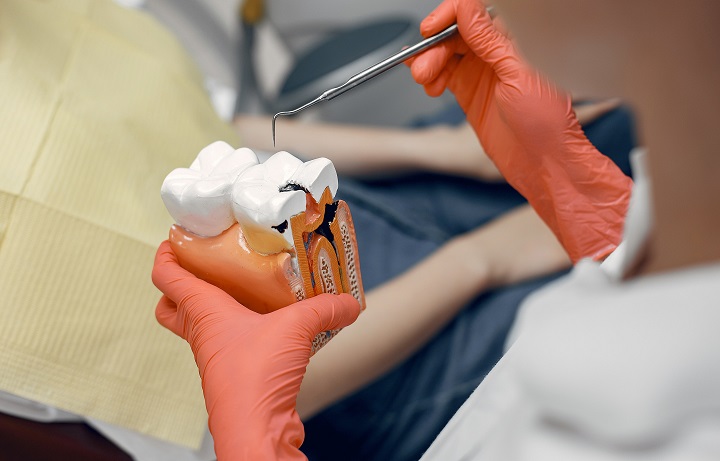
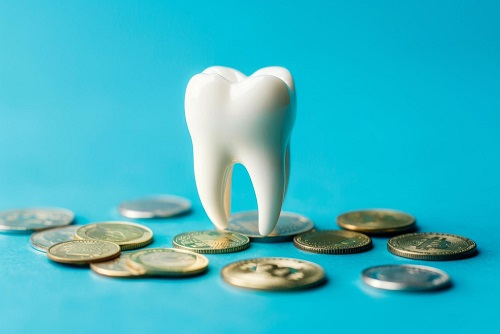
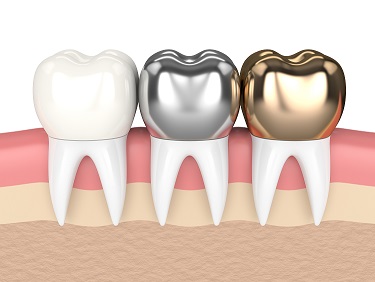
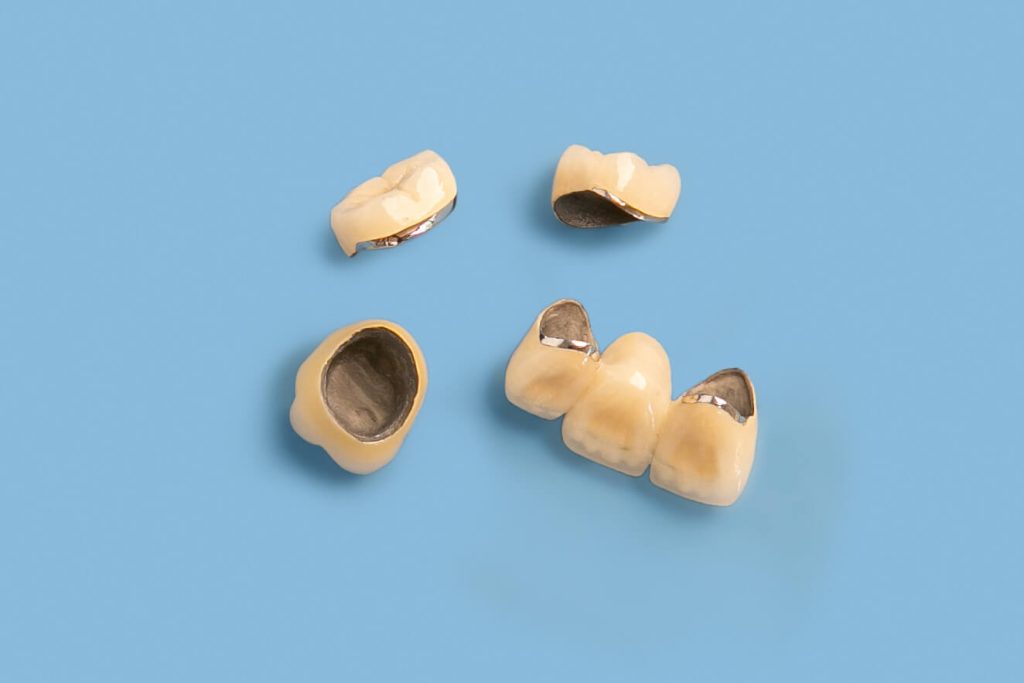
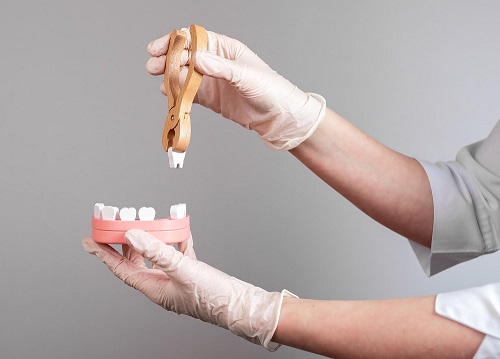
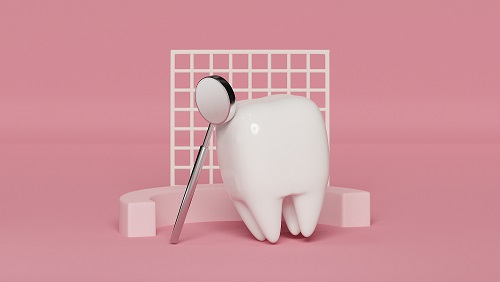
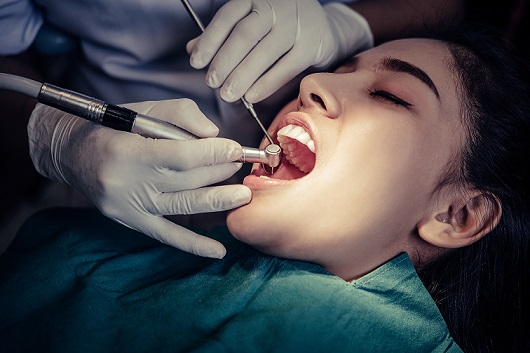
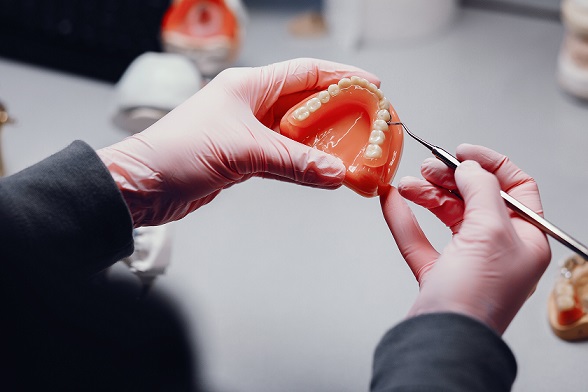
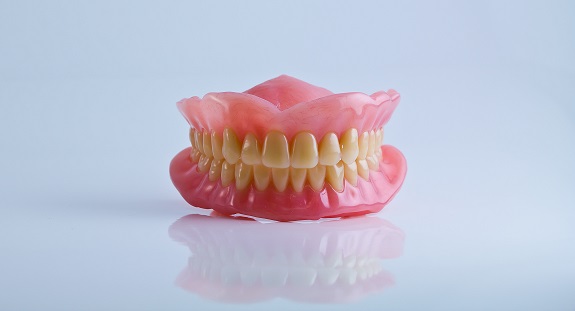
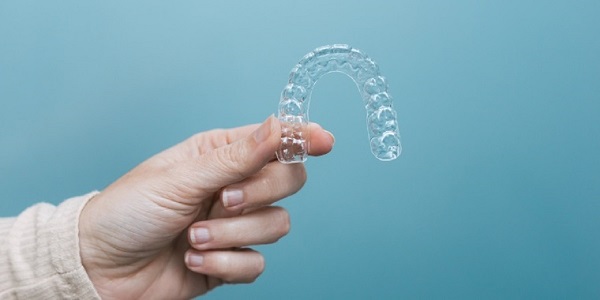
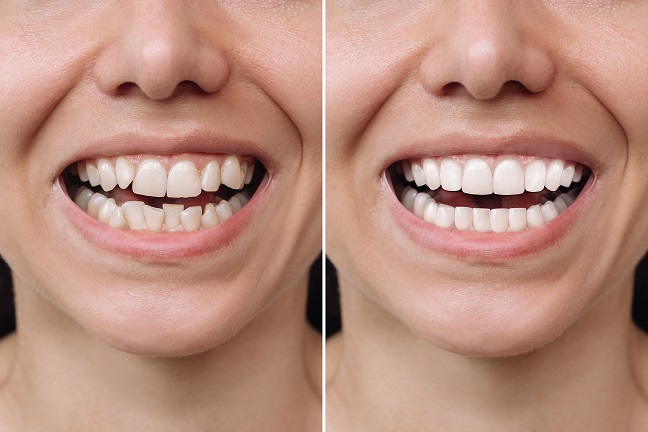
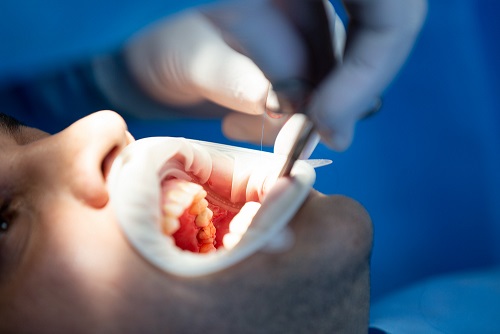
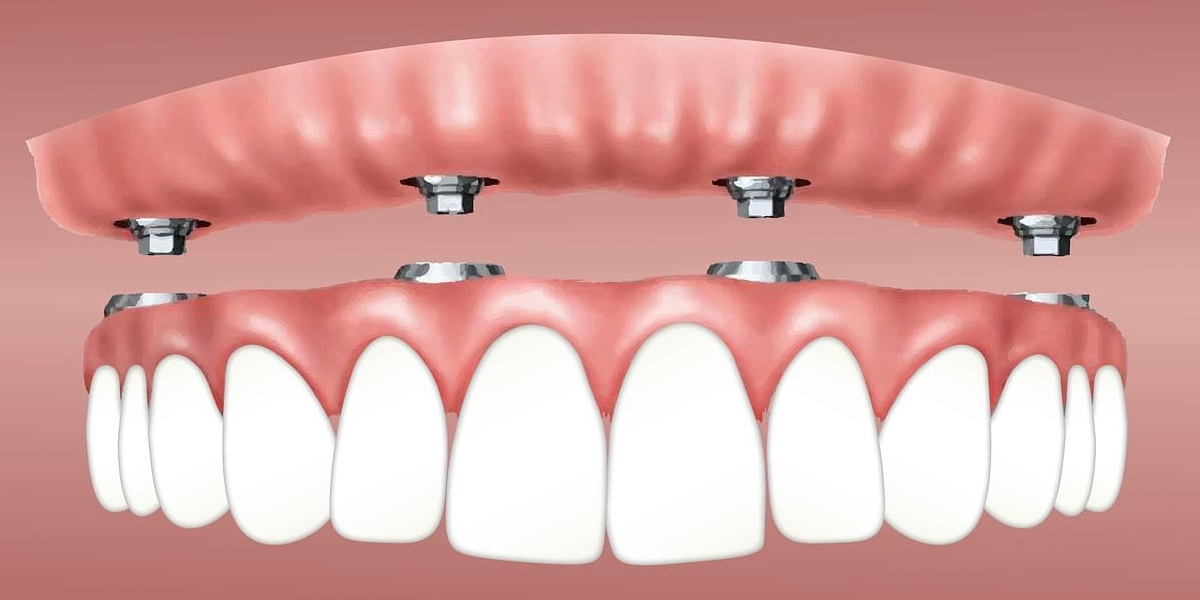
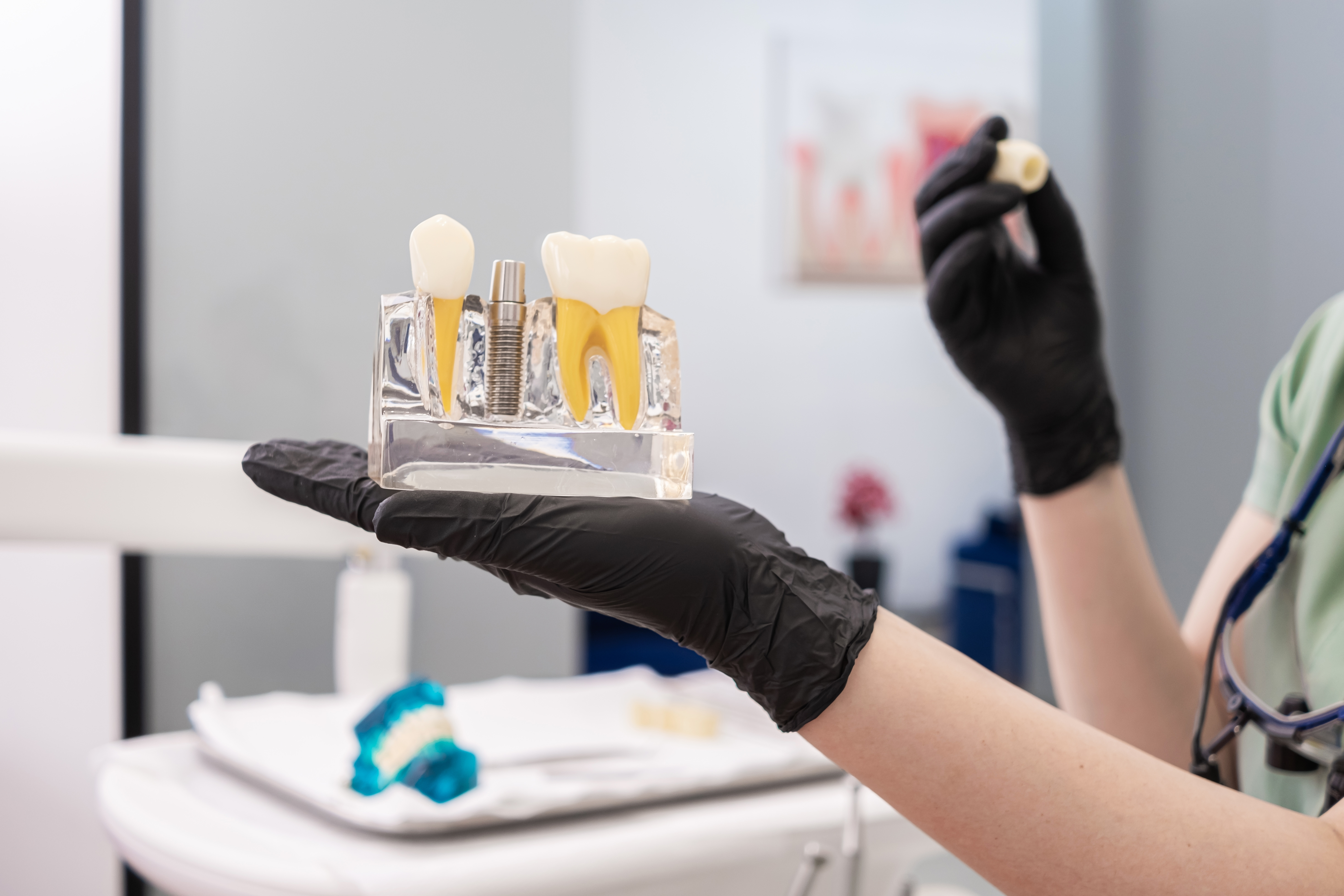
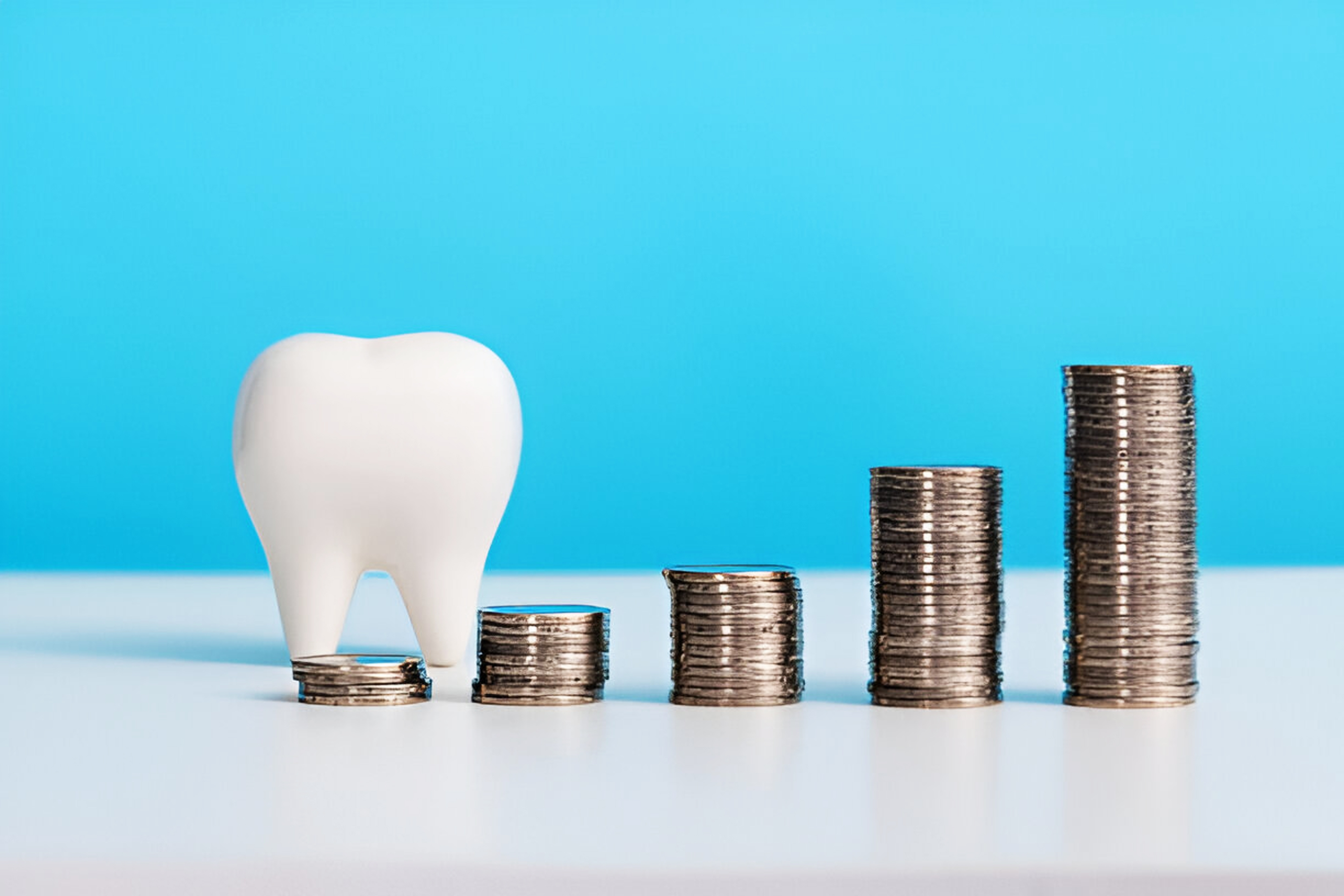
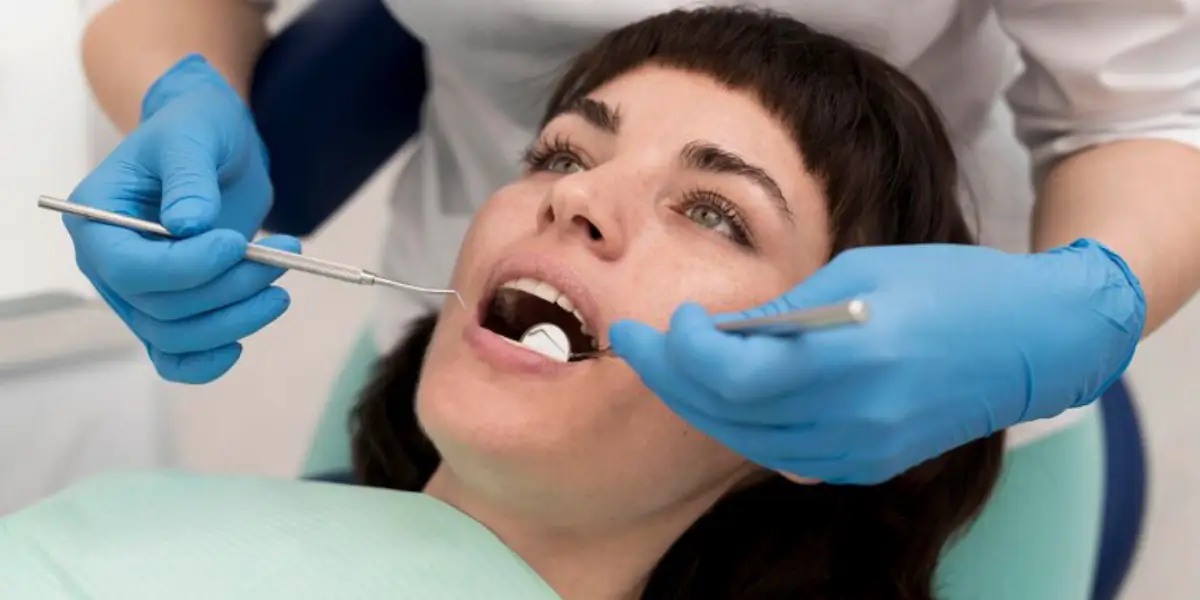
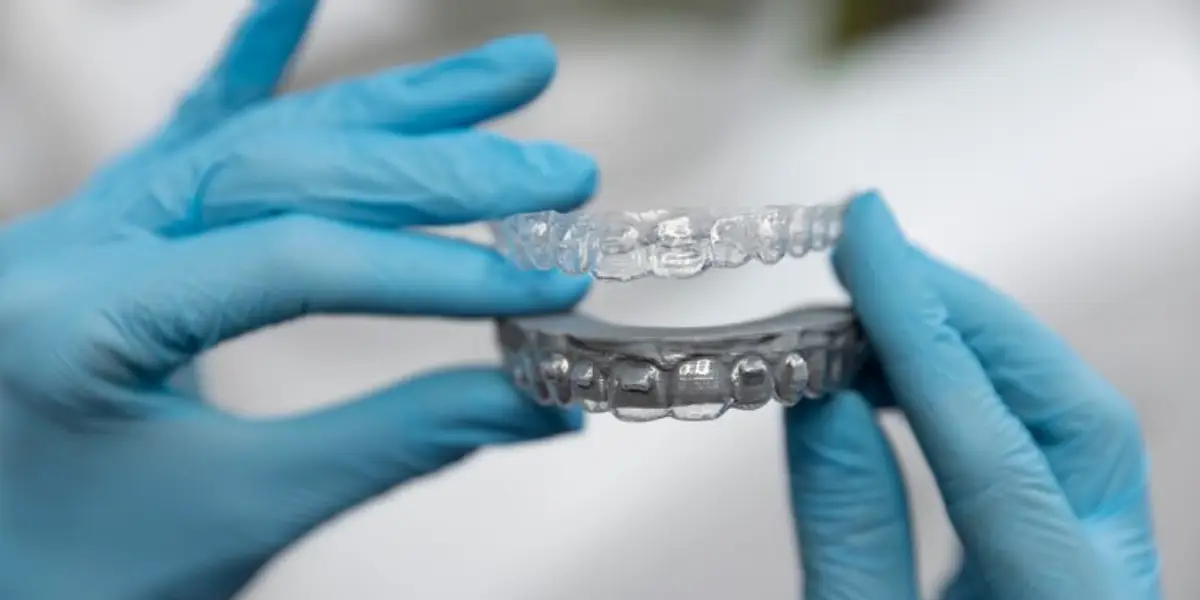
.jpg)
.jpg)
